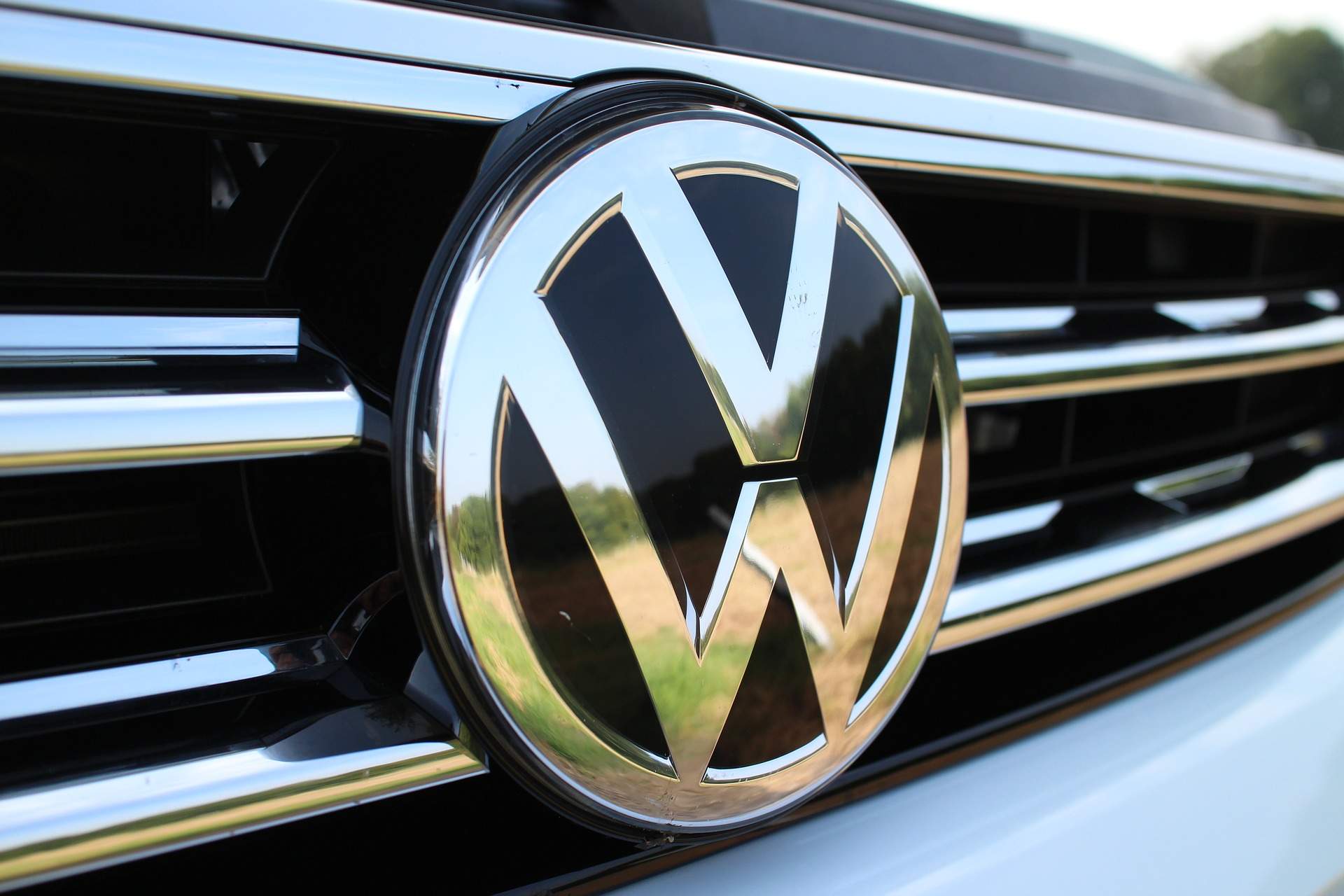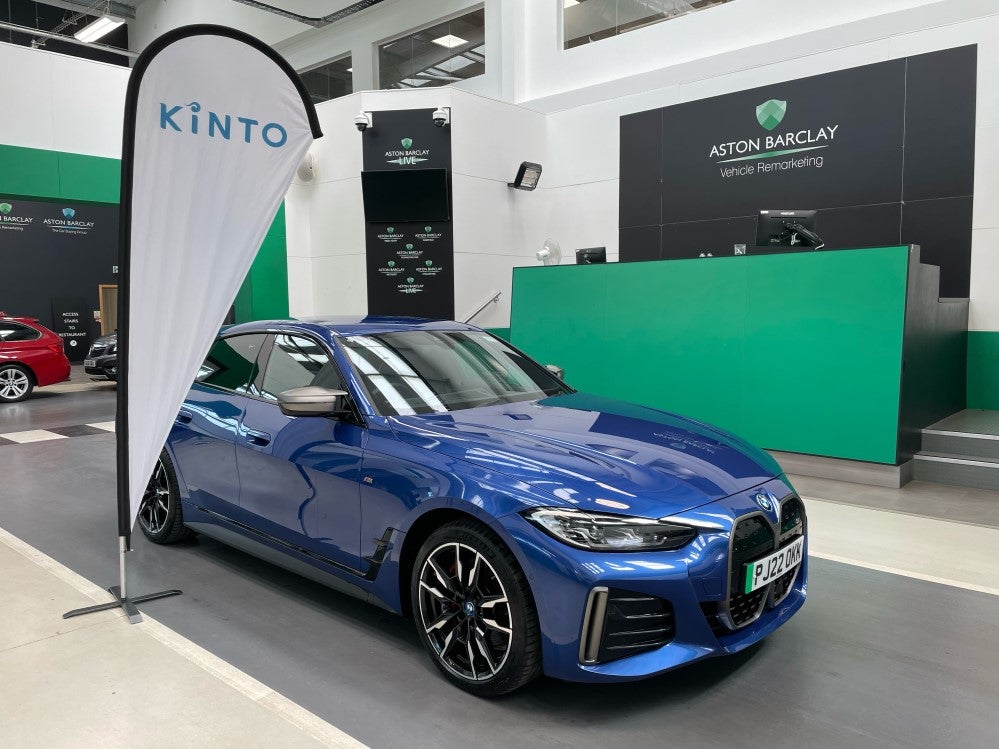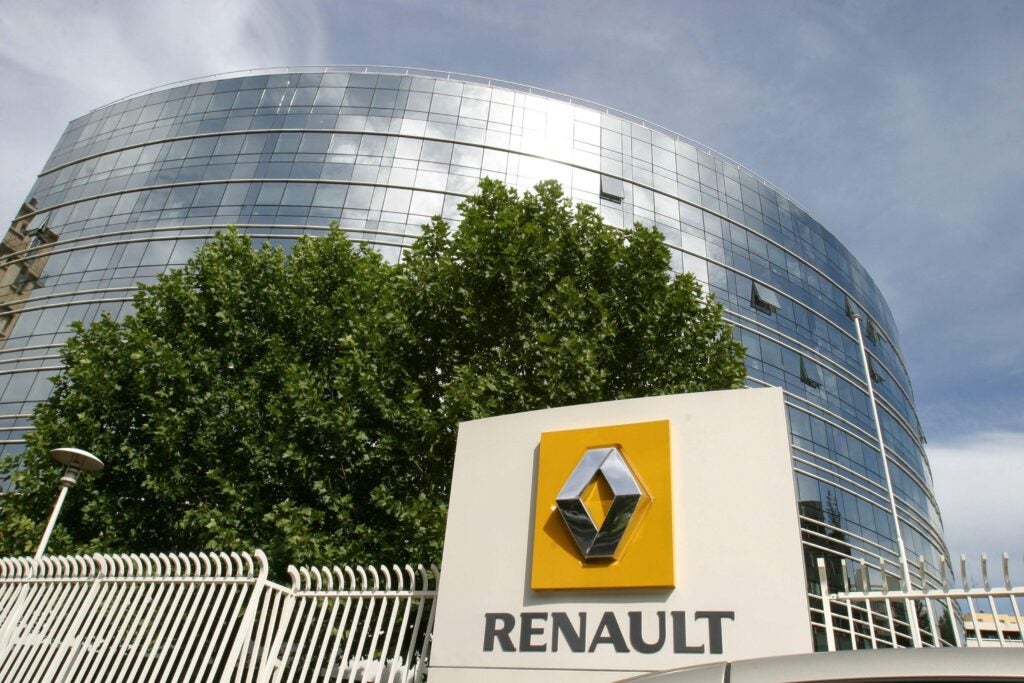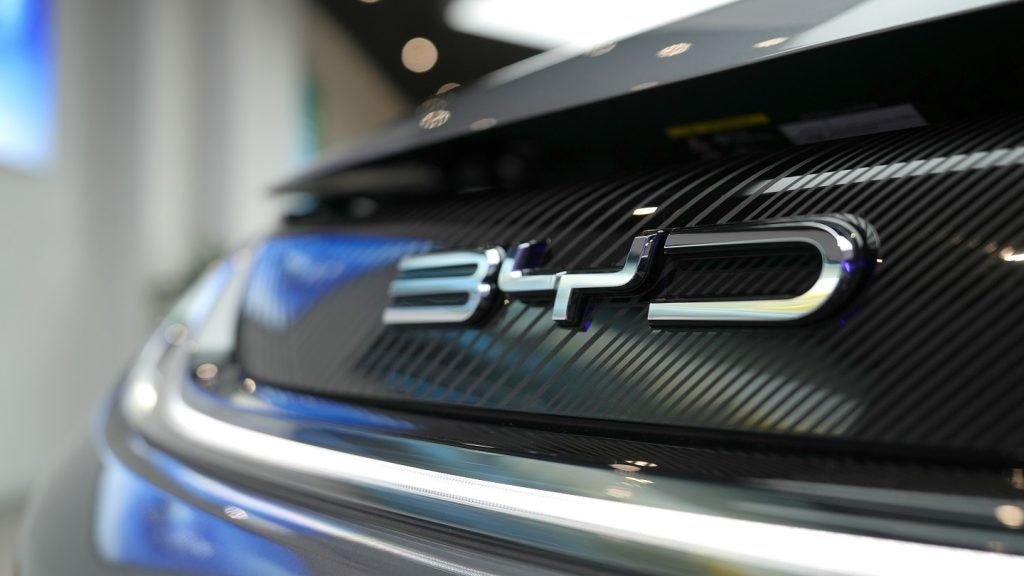
The Volkswagen Group is pushing forward with plans to launch almost 70 new electric models over the next 10 years, totalling 22m vehicles.
In accordance with the climate targets established in Paris in 2016, the group has also signed off a comprehensive decarbonisation programme, aimed at achieving a fully CO2-neutral balance in all areas from fleet to administration by 2050.
By 2025, Volkswagen wants the CO2 footprint of its vehicle fleet reduced by 30%, with electric vehicles earmarked to effect this change. By 2023, the manufacturing giant will have invested more than €30bn in the new wave of electric vehicles, with a view of increasing the share of electric vehicles in the group fleet to 40% by 2030.
The first of the next-generation electric vehicles are set to enter production this year: reservations for the AUDI e-tron1 and the Porsche Taycan2 have already totalled 40,000 units. Volkswagen also has designs on bringing its ID model into the mainstream this year, selling for the price of a comparable Golf diesel. This will soon be joined by the CROZZ2, the SEAT el-born2, the ŠKODA Vision E2, the ID. BUZZ2, and the ID. VIZZION2 models.
Herbert Diess, chief executive officer of Volkswagen AG, wants Volkswagen to take on the responsibility with regard to the key trends of the future – particularly in connection with climate protection. “The targets of the Paris Agreement are our yardstick,” he said. “We will be systematically aligning production and other stages in the value chain to CO2 neutrality in the coming years.
“That is how we will be making our contribution towards limiting global warming. Volkswagen is seeking to provide individual mobility for millions of people for years to come – individual mobility that is safer, cleaner and fully connected. In order to shoulder the investments needed for the electric offensive we must make further improvements in efficiency and performance in all areas.”
How well do you really know your competitors?
Access the most comprehensive Company Profiles on the market, powered by GlobalData. Save hours of research. Gain competitive edge.

Thank you!
Your download email will arrive shortly
Not ready to buy yet? Download a free sample
We are confident about the unique quality of our Company Profiles. However, we want you to make the most beneficial decision for your business, so we offer a free sample that you can download by submitting the below form
By GlobalDataIn his speech at the company’s annual press conference, Diess highlighted the need for a frank and open debate on the consequences of e-mobility. “The reality is that building an electric car involves some 30% less effort than one powered by an ICE. That means we need to make job cuts.”
Volkswagen also released its results for fiscal year 2018, revealing a 6.8% increase in sales revenue to €84.6bn (£73.2bn), with sales from the carmaker’s Audi and Porsche brands accounting for the majority of the operating profit. The Bentley brand reported a 16.0% year-on-year decline in sales revenue.
“We are taking on leadership responsibility – with our global presence, strong brands and operative strength. A look back at the last fiscal year will underline the truth of this statement,” concluded Diess.







